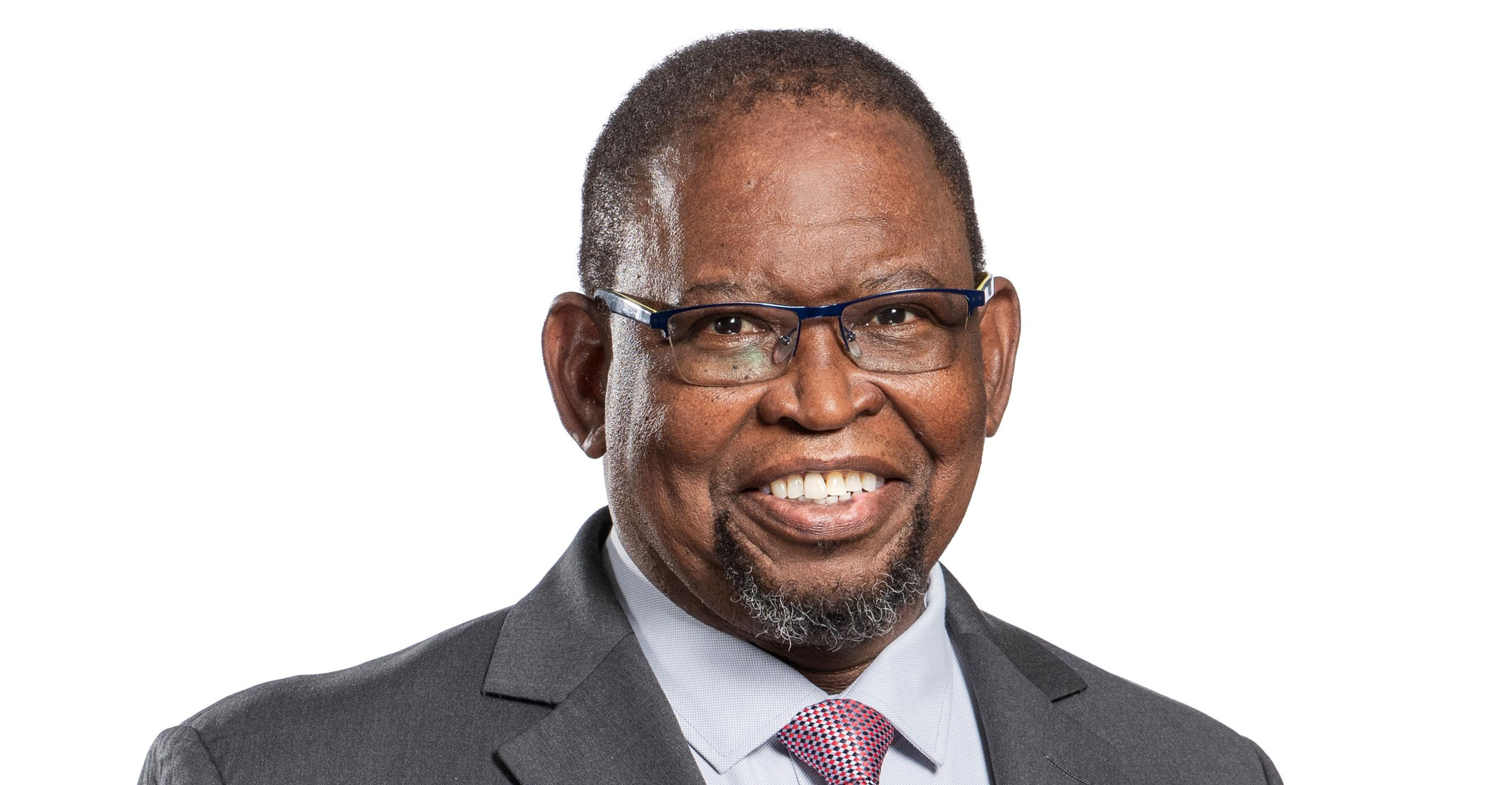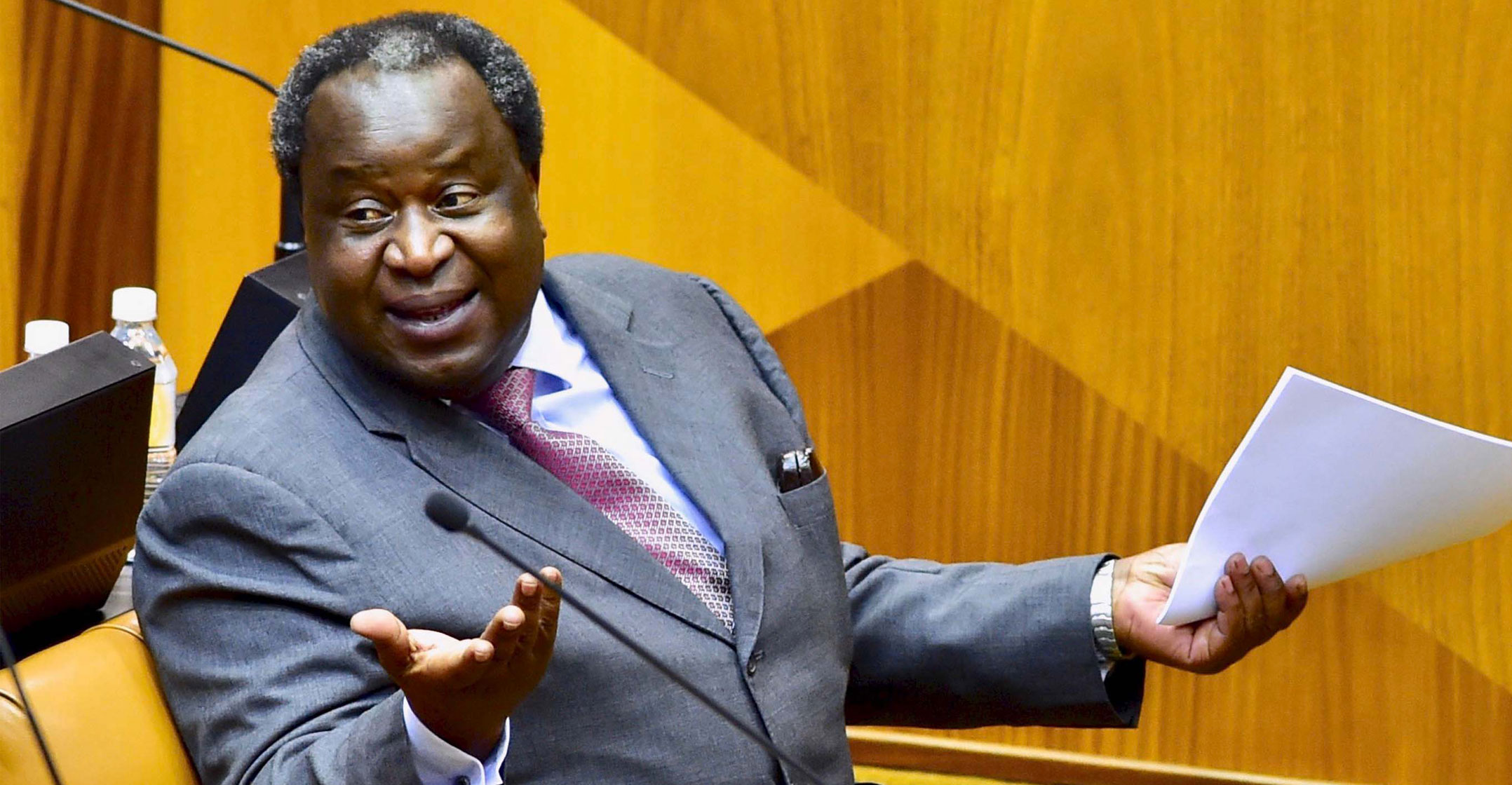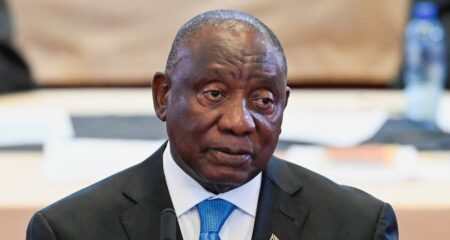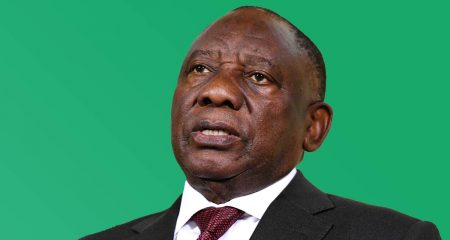
President Cyril Ramaphosa announced 10 changes to his cabinet, including the appointment of close political ally Enoch Godongwana as his new finance minister.
Godongwana succeeds Tito Mboweni, who had held the post since 2018 and was a strong proponent of reining in the government’s debt and wage bill. The new finance chief has been an advocate of investor-friendly policies, and cautioned against proposals by the ANC to nationalise the central bank and change the constitution to make it easier to seize land without compensation.
Godongwana is well known by local and international investors and has been proactive in seeking to water down populist policies advocated by Ramaphosa’s predecessor, Jacob Zuma, said Gina Schoeman, an economist at Citibank South Africa.
“The choice of Enoch Godongwana is not a bad choice at all,” she said. “I know, for sure that if anything, Enoch Godongwana will want not fiscal policy to be the end of Cyril Ramaphosa.”
But Godongana will have his work cut out for him.
The economy contracted the most in a century last year after the government imposed stop-start lockdowns to curb the spread of the coronavirus pandemic. It suffered another setback last month when deadly riots left 354 people dead and further dented already fragile business confidence.
Scandal
Godongwana, 64, holds a master’s degree in financial economics from the University of London and served as deputy public enterprises minister from 2009 to 2010, when he became deputy economic development minister.
He quit that post in January 2012, after he and his wife were embroiled in a scandal involving the alleged misappropriation of funds from the South African Clothing and Textile Workers’ Union pension fund. While he denied any wrongdoing, he offered to repay some of the money.
The rand plummeted at much as 2.5% after Ramaphosa announced Mboweni’s resignation late on Thursday but later pared the decline after his replacement was announced.

“It would be entirely wrong to think that fiscal discipline might be put at risk” by Godongwana’s appointment, said Razia Khan, chief economist for Africa and the Middle East at Standard Chartered Bank. “There is a strong team at the treasury and Godongwana represents continuity and stability. His strength will lie in his ability to achieve a stronger consensus for reforms.”
Ramaphosa also fired his defence minister and announced that the state security agency would be brought under the control of the presidency in the wake of the violent protests. The president last week said the so-called security cluster was ill-prepared for the violence.
The changes to the leadership of the security portfolios were decisive, while “fresh blood” was needed at the finance ministry, said Susan Booysen, director of research at the Johannesburg-based Mapungubwe Institute for Strategic Reflection.
Mboweni has “really not been showing much enthusiasm”, she said. “Godongwana will really have to prove himself but we know he is a very loyal Ramaphosa ally. He knows that there are very, very urgent needs. The ANC’s credibility depends on getting its economic policy right.” — Reported by Prinesha Naidoo and Amogelang Mbatha, (c) 2021 Bloomberg LP




